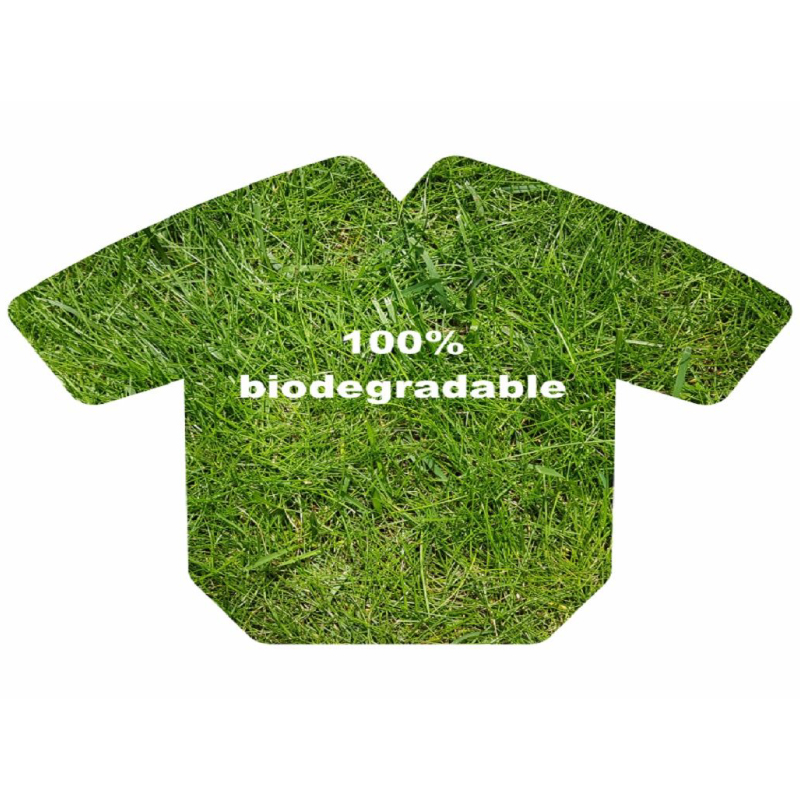8 reasons why this all-natural fabric made out of trees beats polyester and cotton

Just to begin with, it’s affordable and hassle-free!
It is undeniable. We all have some guilty pleasures. Following the fashion norms without realising the consequence could be just one of them. But there are, surprisingly, all-natural fabrics that could take you through the day without affecting the air we breathe in. Viscose, made of wood-pulp, is one of them. And here’s how it beats more popular fabrics like polyester and cotton:
Affordable
Despite being popular for a number of reasons, including its luxurious look and the natural sheen, the all-natural fabric remains up for grabs at very affordable prices—unlike some very popular (and not so eco-friendly) fabrics like cotton and polyester.
Versatile
Remember the time you wore something and it was itchy? Or, too stiff to make you feel comfortable? Or, just didn’t fall on your body perfectly? Blending different fabrics to get all the best qualities in your outfit is always a good idea. Viscose blends perfectly with other fabrics, is dyed easily, retains vivid colours particularly well and drapes beautifully. The versatility easily beats any other fabric.
Consumes less water
It isn’t water-thirsty! One viscose garment saves about 22 buckets of water during the production process in relation to a cotton garment.
Great breathability and honey-like texture
How exciting would it be to relax at the beach and not enjoy the breeze? Not so much, we bet. Unlike some synthetic fibres, this fabric is breathable for your skin and has a natural honey-like texture. You don’t want to be afraid to go out on humid days.
Biodegradable
It’s tough to love your shirt, but also keep donning the same one forever. On top of that, it takes years – sometimes hundreds – for a garment to completely decompose. An eco-friendlier alternative is to choose natural fabrics that biodegrade more easily. A viscose shirt decomposes 3.5 times faster than cotton.
Uses less agricultural land
Using less land for the production process means more land for food grain cultivation. The fabric uses only 1/6th of the land used in the production of cotton.
Absorbs CO2
Production of every viscose garment absorbs about 100 grams of CO2 from the atmosphere—unlike cotton, which has a zero impact. It’ll always be a guilt-free outing.
Superior softness
It’s a practical fabric that is silky and superiorly soft, both in appearance and touch. The combination will take you through the day, hassle-free.









